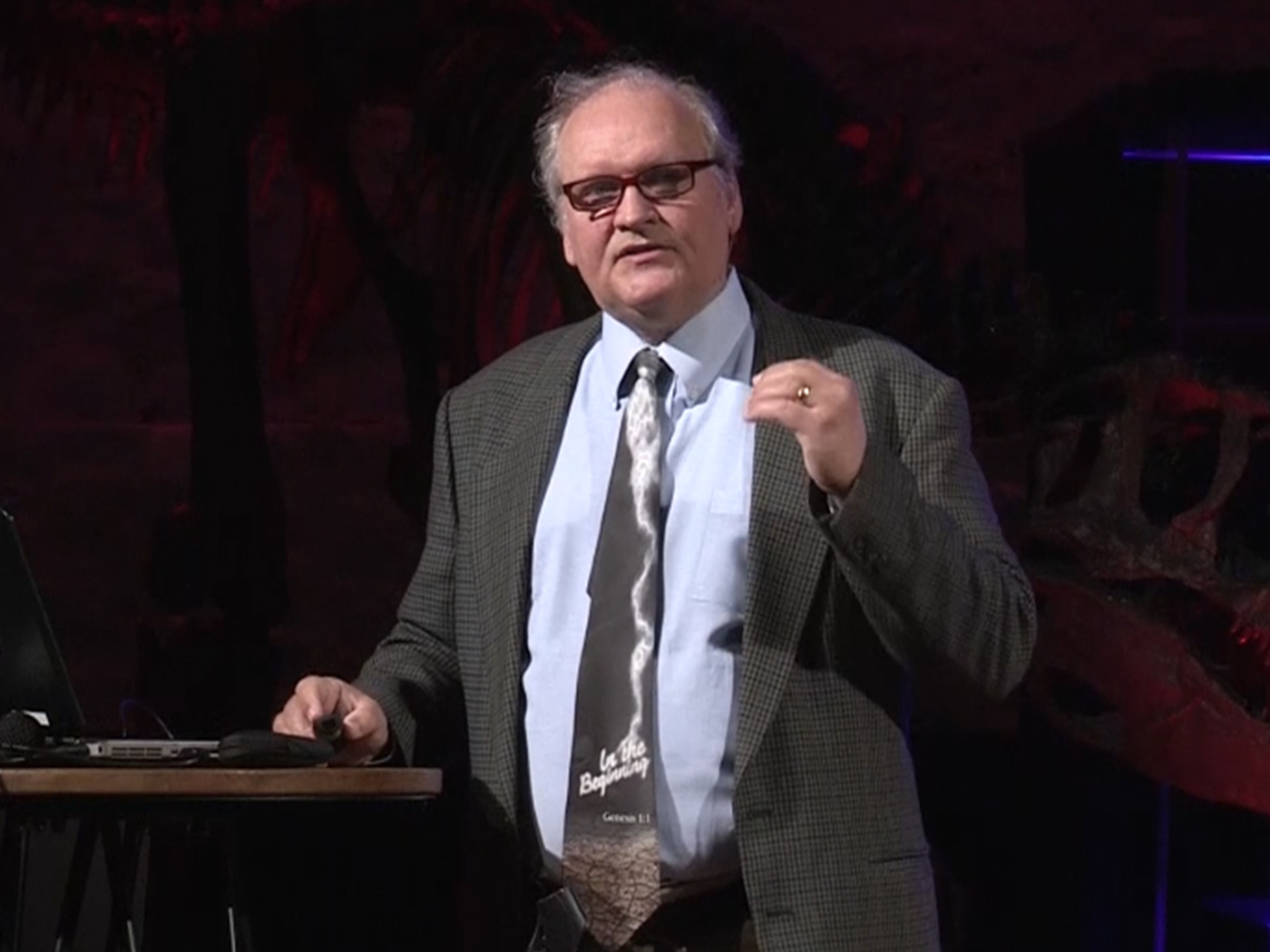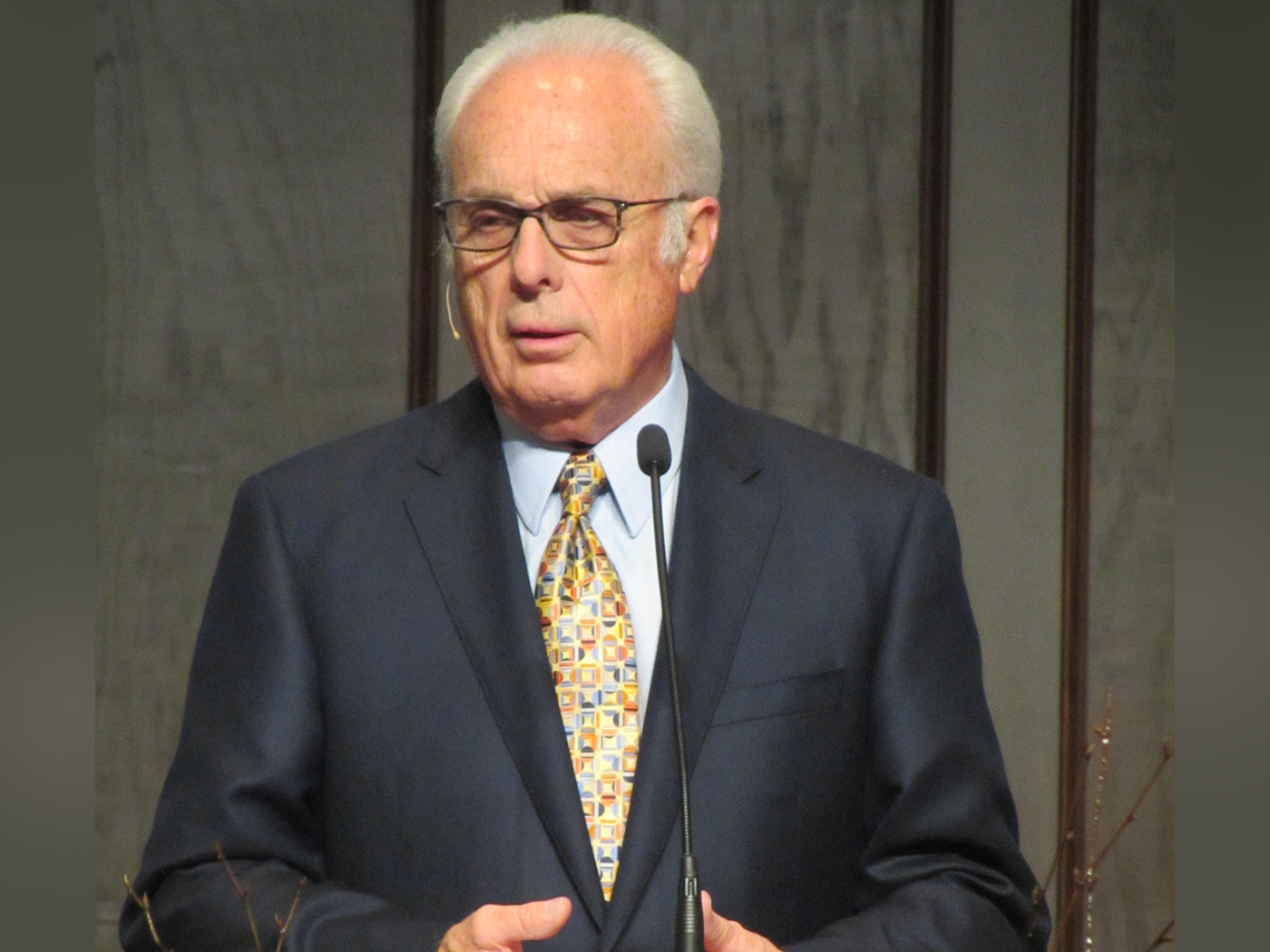All scripture is given by inspiration of God, and is profitable for doctrine, for reproof, for correction, for instruction in righteousness: that the man of God may be perfect, thoroughly furnished unto all good works. (2 Timothy 3:16-17)
Scripture is inerrant, not in the sense of being absolutely precise by modern standards, but in the sense of making good its claims and achieving that measure of focused truth at which its authors aimed. (Chicago Statement on Biblical Inerrancy; Section III, Exposition, C, Inerrancy, Infallibility, Interpretation, 1978)
How are we to deal with these two foundational statements on inspiration? The passage from Paul's letter to Timothy is recorded, of course, in what we call the "Holy Bible." The other is from a position paper signed and upheld by many (if not most) evangelical leaders. They are quite different. Which one is to rule our practice?
What can be done to achieve unity or a set of doctrines among Bible-believing Christians? It is doubtful that "theology" can do much. Depending on one's theological background, there is a bias toward the "structure" of Scripture--toward the point that reinforces the opinions that have been embraced during one’s training. That is true for dispensational or covenant or reformed or postmodern or whatever framework is applied. Interpretation places a filter on the words of Scripture so that one can "rightly divide" (according to one's theology).
Just what liberties, or what restrictions, or what guidelines do we--can we--agree on about the text, about the Scriptures given by the "breath" of God? In my mind, it all comes down to how we treat the written words of Scripture. The present debate (and to some degree, the age-long debate) involves three P's.
Preservation
Just how much of the present text can we trust to be like the original manuscripts? The basic question here is, of course, if only the original manuscripts are inspired (without error), which words, what manuscript, which translation can be trusted? This is an important question, and continues to create problems among evangelicals.
Precision
Just how inspired is Scripture? Is every word of God pure? Or is only the "framework" inspired? How must we approach the text? Should we trust only each thought, or just each sentence, or should each word, each tense, indeed each letter be seen as absolutely accurate? Where does the precision of inspiration start or leave off? This is critical to how we study and evaluate Scripture. It makes a big difference in our conclusions for most passages. If we cannot come to agreement here, we cannot arrive at common conclusions about much in the Scripture--let alone develop a consistent worldview.
Perspicuity
This is the word least frequently discussed. The term itself is somewhat vague, although it is supposed to mean "the quality of clearness or lucidity." The clarity of the message has absolutely no meaning if God has not preserved His precise words. Without confidence in the first two--without an agreed upon approach--"clarity" becomes merely what anyone may want it to mean. That, of course, is exactly what the postmodern theologian and the leaders of the "emerging church" suggest.
All of us have been impacted by the arguments that we have been exposed to, perhaps more than we realize. It would be good for all of us to reevaluate the way that we approach Scripture, and attempt to come to an agreement--perhaps even to write a set of tenets that would guide our future discussions. If we cannot agree on how to approach the words of God, we surely will not agree about the words of men.
* Dr. Morris is Chief Executive Officer of the Institute for Creation Research.
Cite this article: Morris III, H. 2009. Conflicts Between Text and Theology. Acts & Facts. 38 (5): 22.














